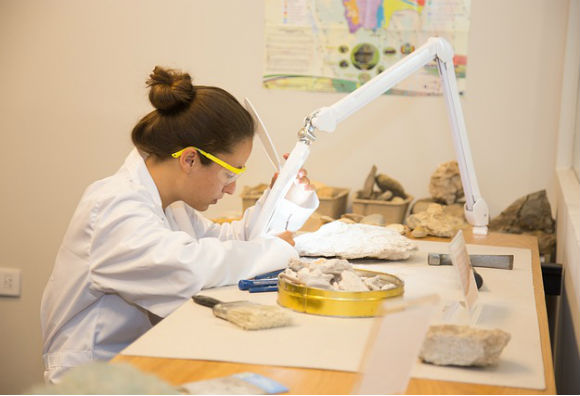Women make up nearly half of the STEM workforce
- Emma Finamore
- 08 Oct 2018
They also now represent a quarter of the jobs in mathematical sciences and 13% of engineering positions.

Over the past few decades, there has been a massive rise in the female workforce, with the employment rate of women aged 25 to 54 up from 57% in 1975 to a record high of 78% in 2017. In fact, recent reports collected byResearch has found that most girls become interested in STEM at the age of 11-and-a-half, although most lose interest by age 15. Reasons for this include a lack of female role models in the industry and not enough practical, hands-on experience in primary and high school.
Women have become more qualified
The hourly gender pay gap for full-time workers dropped by 8.3% from 1997 to 2017, with the gap for all workers dropping by about 9.1%. The IFS suggests the reason for the decline is that, overall, educational qualifications for women have increased more quickly than men’s, and as from the late 2000s, women have become the more qualified sex.
How to get girls into male-dominated jobs
It is important to tackle the stereotypes girls are exposed to in order to attract them to study male-dominated subjects in university.
Get to them early – Most girls state a lack of confidence and skills as a reason for opting out of typically ‘male’ subjects at a school level.
Changing this perception early in the girls’ school career and introducing hands-on learning opportunities, workshops and peer interactions can open the door to more young girls feeling confident in their abilities to enter the vibrant and rewarding STEM workforce.
Bust the stereotypes – It is important to dispel the myths that dissuade young girls from studying ‘male’subjects in school and pursuing careers in these sectors. One of the main misconceptions is that IT careers are restricted to coding and development.
In fact, a strong technical background can be used to enter a vast range of career paths, including medicine, education and communications, to name a few.
Female role models – Young women are put off careers in STEM and IT due to so few role models, and the mentality that it is a ‘boys club’. This is why mentorship plays an important role in setting females on a path to success and confidence.
By pairing young women with accomplished female professionals, they can not only offer one-on-one attention and guidance but also act as living proof that women can achieve success in these types of industries.
News
- Legal Apprentices Kick Off Their Training
- You can now do an apprenticeship in publishing
- A former government adviser says school leavers should get £20,000 to stay in training
- Thousands of apprenticeships are set to transform the public sector
- 'Early school leavers' less than half as likely to vote as those with degrees
- National Apprenticeship Week: record numbers apply for apprenticeships via UCAS
- Government criticised in new report, Making Apprenticeships Work
- The School Leaver Awards 2019 finalists announced
- New scheme launched to link up business people with schools
- School leaver blog: rising rents, the implications of Brexit for school leavers and more